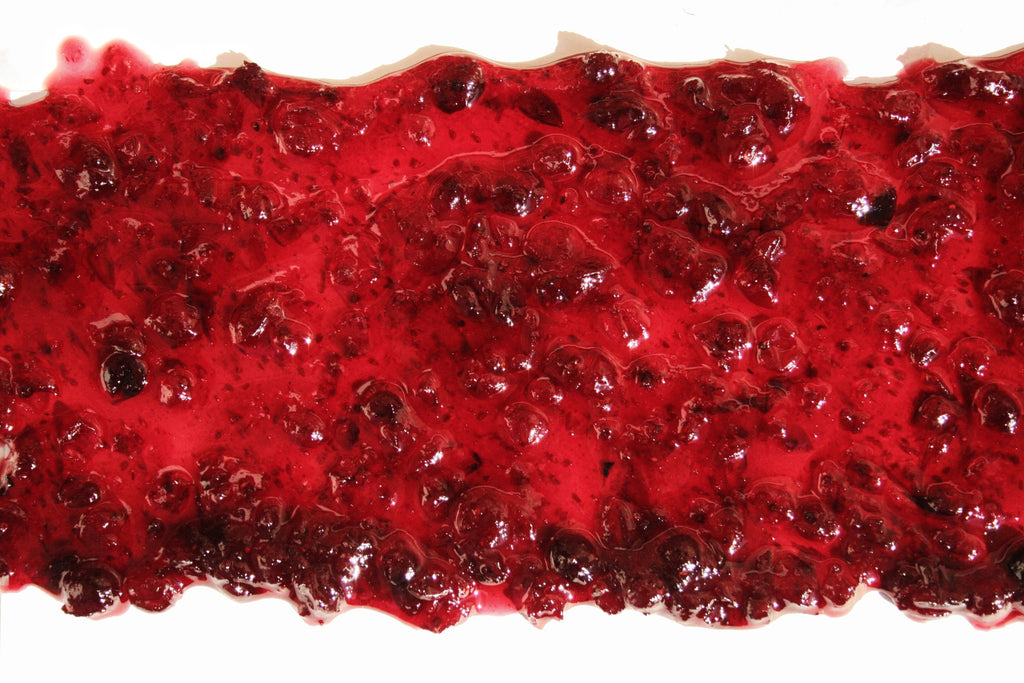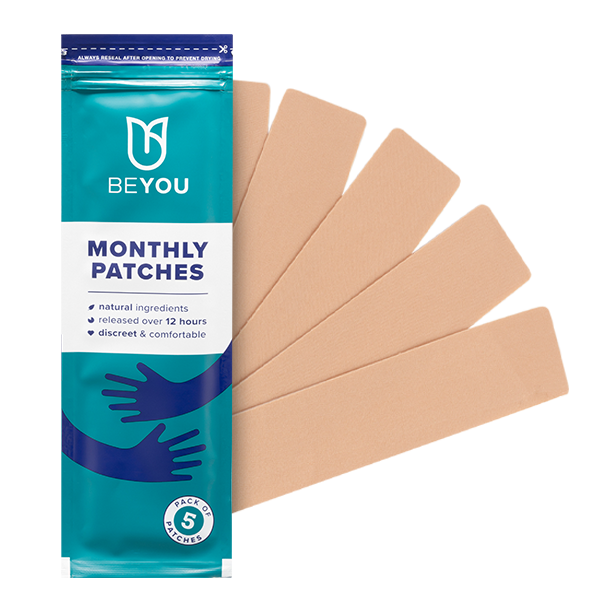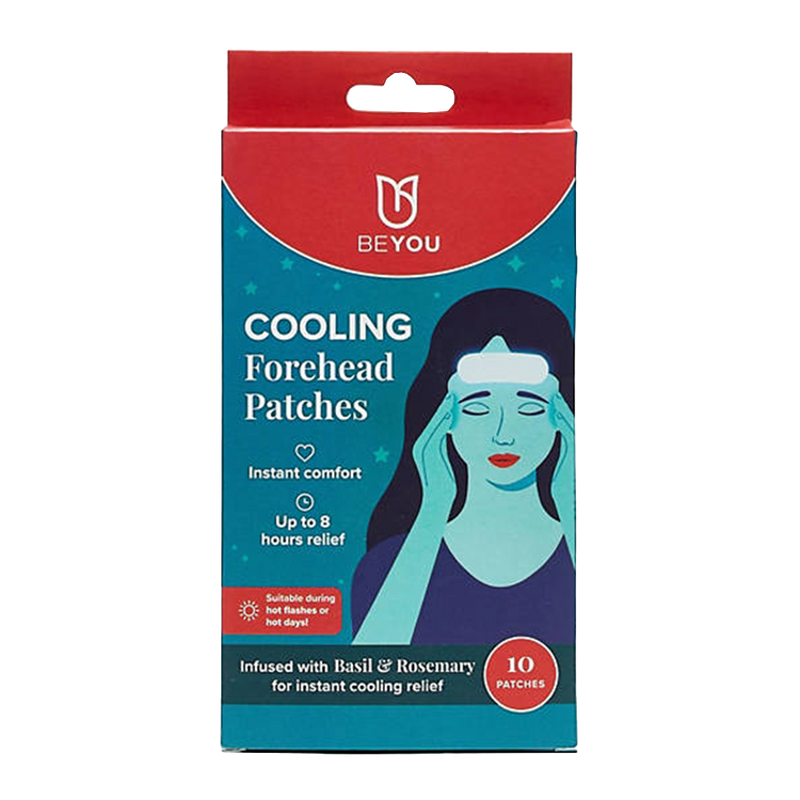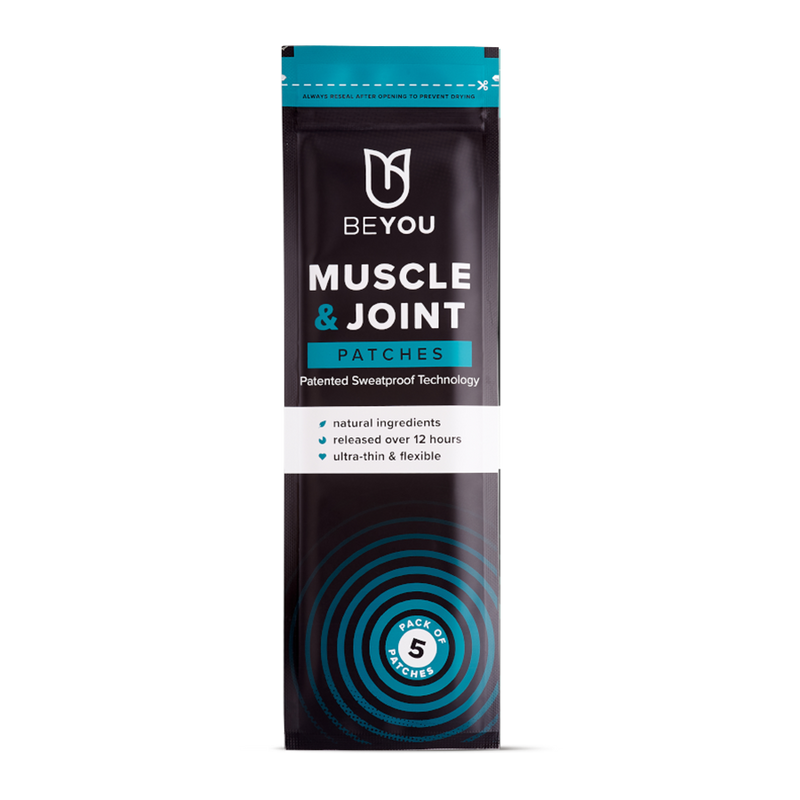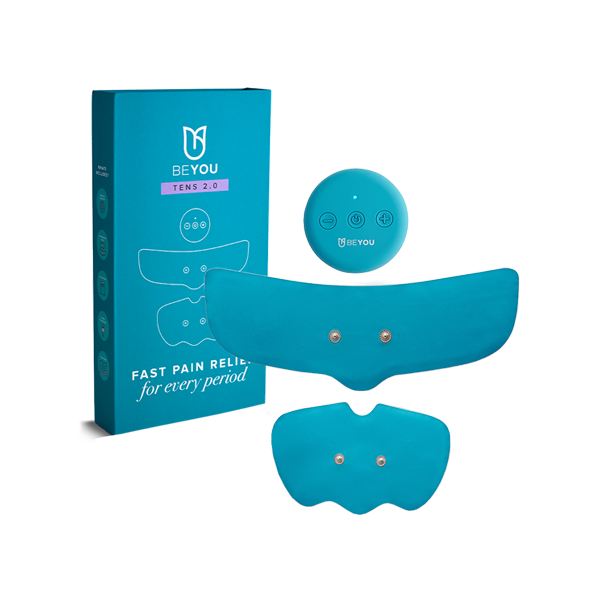How much do you actually know about your period?
The time of the month is dreaded by most. The mood swings, cravings, lack of appetite, sluggishness and everything in between, aren’t something us uterus-bearers enjoy.
However, it is so important to know what a normal period is for you and to know how it all works. So we’ve put together this period fact checker so you’re all clued-up on what goes on down there every 28 days (well, ish) and you can feel as comfortable as possible whilst riding the crimson wave.
Is my period the start or end of my cycle?
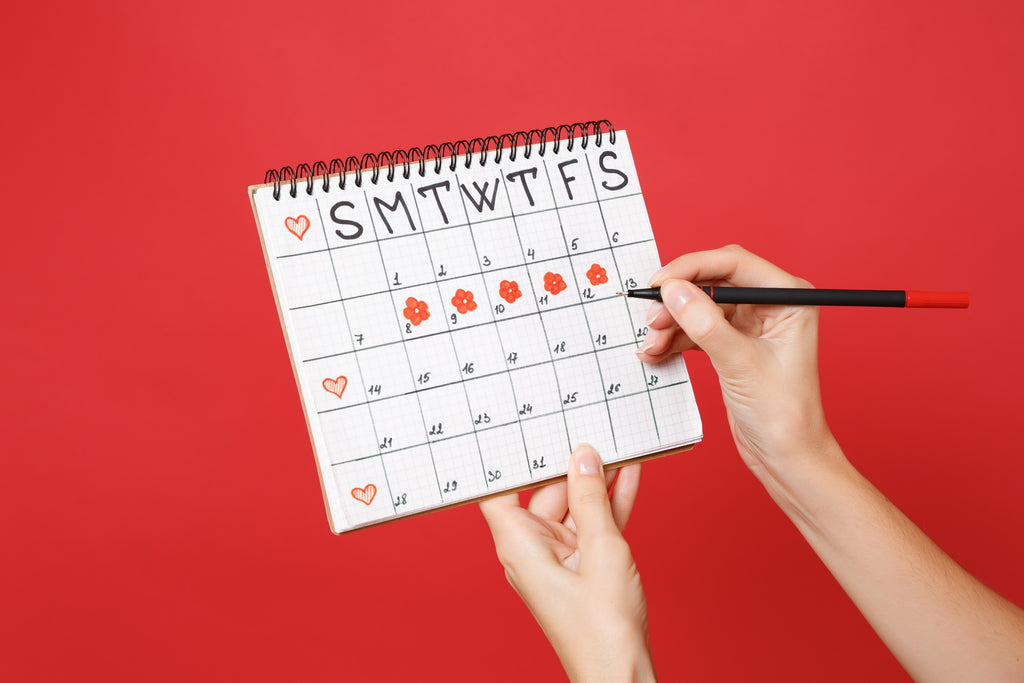
Your period marks the start of your 28 (sort of) day cycle. A bog-standard period will last around 5-8 days but don’t be worried if yours doesn’t, every cycle is unique and varies from month to month. At the two week mark of your cycle, the uterus gets ready to release the egg which is known as ovulation. If it hasn’t been fertilised then it begins to breakdown, along with the uterus lining which is the start of your next period.
Can you really get pregnant on your period?
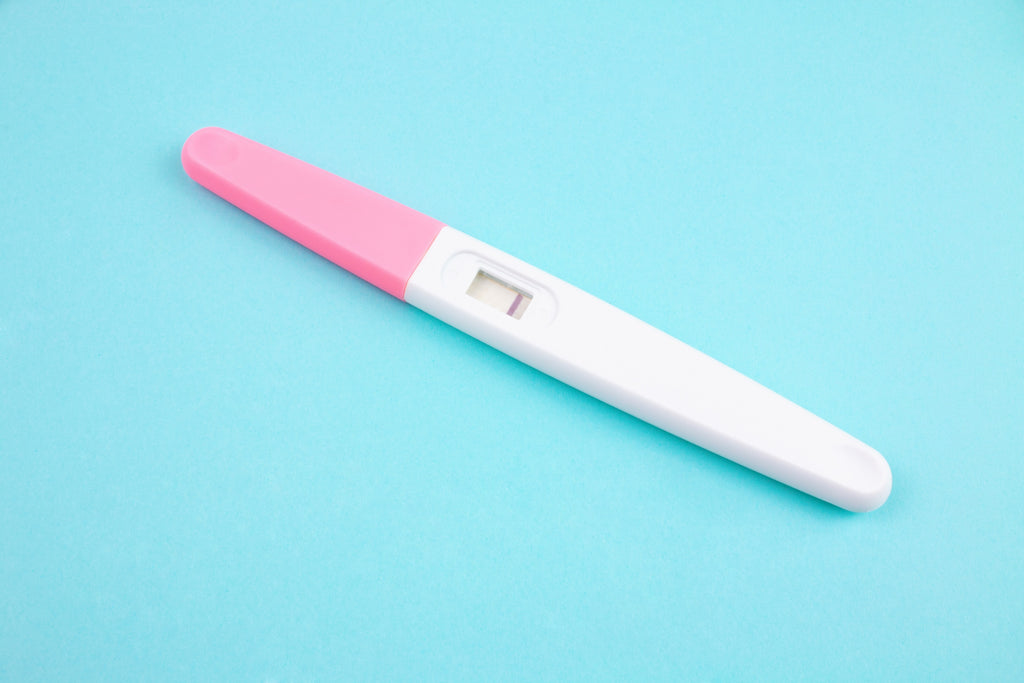
In reality, you are only fertile for a few days of your cycle during your ovulation window. This usually occurs at least 12 days before your period. However, it isn’t impossible to get pregnant whilst on your period. If you ovulate a few days after having unprotected sex, there is a chance that the sperm may still be ‘alive’ and fertilse the egg. Don’t panic! Sperm and egg cells have a relatively short shelf life. Sperm can survive for up to 5 days inside the vagina and eggs can only be fertilised up to 24 hours after they are released. Therefore, this window of time is relatively small but it’s always better to be safe than sorry, so it’s advisable to use at least one form of contraception.
How long should I leave a tampon in?

Toxic Shock Syndrome (TSS) is something you definitely should avoid at all costs! One cause of TSS can be leaving a tampon in for too long. It’s recommended to leave a tampon in for a maximum of 8 hours. If you need to change it more regularly then of course do so. It completely depends on how heavy your period is. However, if you experience any noticeable viral symptoms like diarrhoea, high temperature or vomiting, visit a doctor as soon as you can.
Why do I want to eat EVERYTHING on my period?
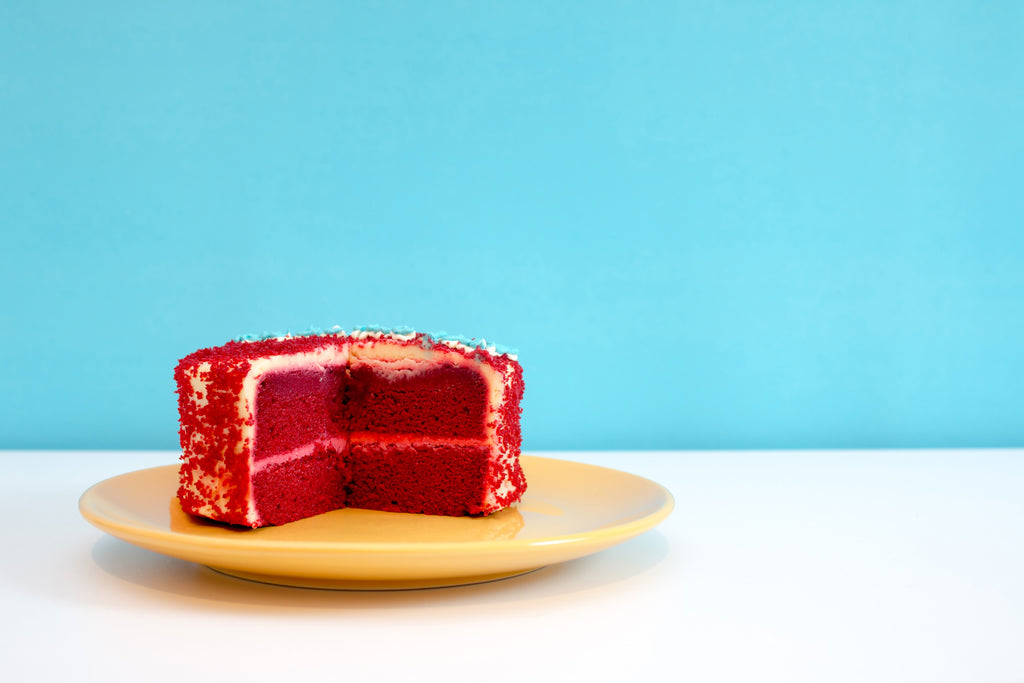
The answer is...you’ve guessed it; your hormones. Because your hormones are in flux throughout your menstrual cycle, it means the body will crave certain nutrients which manifest into certain foods. If chocolate is your poison, you may be low on magnesium. If you’re a carb lover you might be low on nitrogen or if you’re craving greasy fast food then you might be low on calcium. Overall, cravings are nothing to worry about, but if you’re craving food you normally would not eat at all it may be worth popping down to see your doctor.
Should I be worried about blood clots?
If you’ve noticed you’ve got a few blood clots during your period, it is nothing to worry about. Remember, blood clots are the body’s way of ensuring we don’t bleed to death. However, frequent blood clots bigger than a 50p might be a sign of something serious. If that’s case it’s always best to go and have a chat with your GP.
Are period pains something I should worry about?
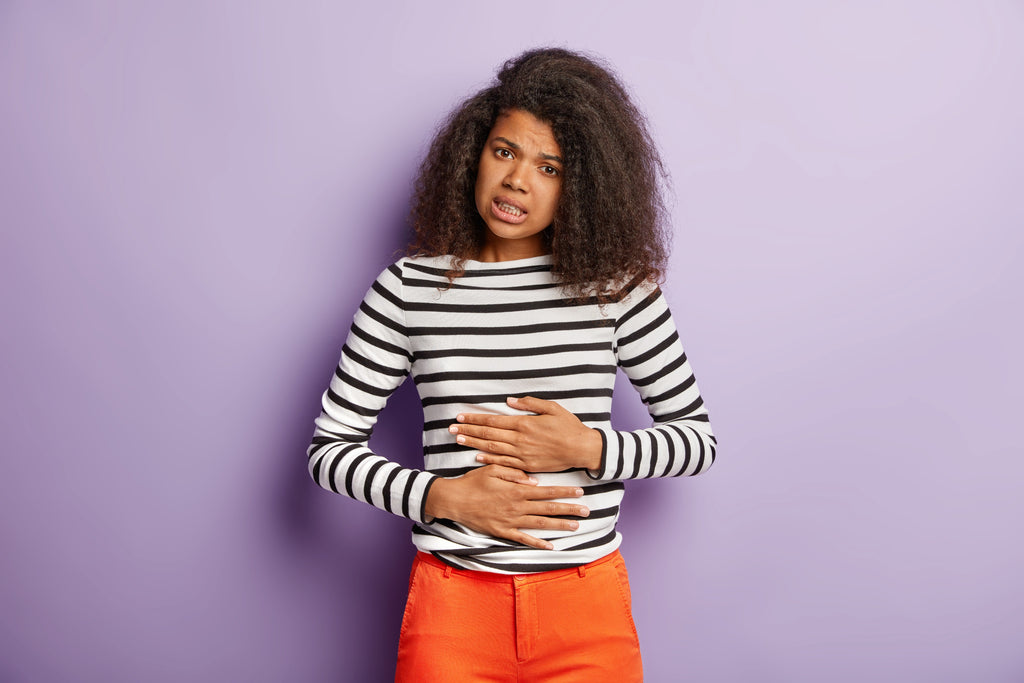
Generally speaking, no they aren’t. Cramps and pains that occur during your period are provoked by hormones called prostaglandins, which are also released when a woman is having contractions. Severe cramping which stops you from going to school, work or doing normal day-to-day activities can be a symptom of conditions such as endometriosis or other pelvic inflammatory diseases.
Is ‘syncing up’ just some weird urban myth?

